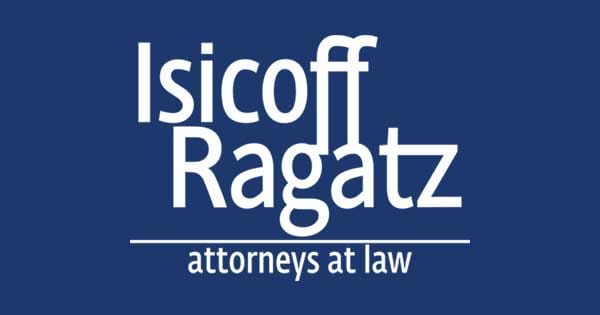“Van Gogh: The Immersive Experience” is currently showing to large audiences here in Miami. A blend of cutting-edge digital display, modern installation art and century-old paintings, the show — and similar ones dedicated to Leonardo DaVinci, Gustav Klimt and other artists — are at the forefront of a new business model within the art and entertainment worlds.
This type of show is also at the center of a recent dispute over copyright.
Japanese art collective sues museum
Recent court filings shed light on a long-running dispute between a Japanese group and a U.S. museum over so-called immersive experiences. TeamLab, a Japanese art collective, has accused the Museum of Dream Space of copyright infringement.
According to TeamLab, the museum copied parts of the group’s shows and used them in its own shows without permission. TeamLab is asking for the museum’s shows to be shut down and for compensation for damages it suffered in the form of licensing fees and other losses. The Japanese group first made these claims in 2019.
Recently, the Museum of Dream Space, or MODS, formally responded to TeamLab’s claims, arguing that the Japanese group had not registered its work under U.S. copyright law, and that therefore the lawsuit cannot go forward.
It’s important to note that Japan and the United States are signatories to treaties that recognize many intellectual property rights across borders.
Copyright is complicated
Copyright law is infamously complex, and often changing. Legal disputes get especially tricky when copyright law is applied to new technologies and new forms of art and entertainment. Because these issues can be so challenging, it is important to seek out help from experienced attorneys when dealing with copyright disputes.
Creators of all kinds work hard on their creations, whether they are traditional like writings, drawings and paintings, or cutting edge technologies. They deserve to have their work protected through intellectual property law.

